Heart Health Education
The Consulting Cardiology team is committed to helping our patients live an active and healthy life. Behavior modifications and eating habits can make a significant difference in your overall heart health. Sometimes even the smallest changes can make a big impact.
Physician Assistant Johanna Cahill shares some helpful information below. She welcomes your feedback at: [email protected]. Make sure to also check our monthly recipes.
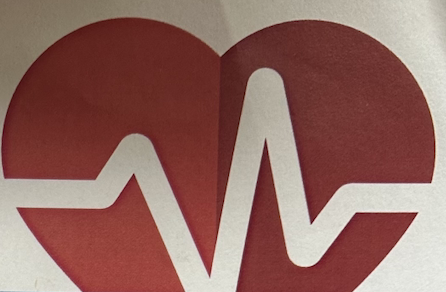
Sleep Apnea Can Hurt Your Heart!
Obstructive Sleep Apnea (OSA) affects over 30 million people in the United States. Sudden drops in blood oxygen level that occur during OSA increase blood pressure and strain the heart. Click here to learn more>

Varicose veins? Tired and achy legs?
Vein disease affects over 30 million people. The good news is that Dr. Zain Ahmed is one of the leading specialists in vascular disorders. He now performs the latest in-office procedures to reduce painful or ugly veins. Click here to learn about vein disease>

In a recent randomized trial, the effects of coffee on premature atrial contractions (also known as PAC’s or extra beats given off from the top part of the heart) were examined. The study showed that consuming coffee did not result in a more significant amount of these extra beats in coffee drinkers compared to those who avoided caffeine intake. Click here to read to recent findings.

Is Your Sugar Substitute Really a Good Choice?
There has been recent buzz in health news regarding sugar and sugar substitutes (also known as “fake” sugar). Often, people switch from regular sugar to artificial sweeteners to save on calories but is the switch healthy? Click here to learn more>
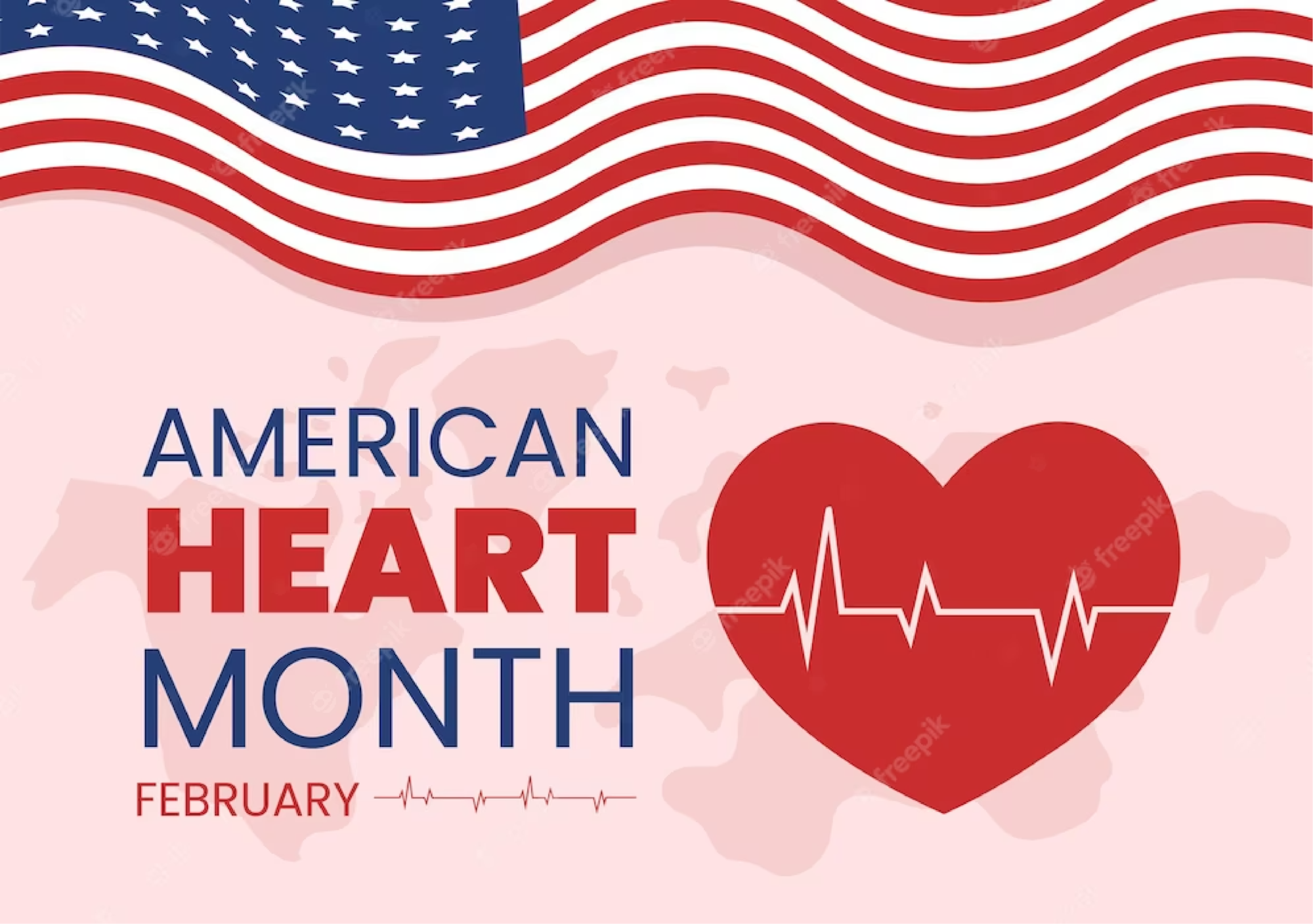
February is American Heart Month
Heart disease has been the leading cause of death in the United States since 1950. In fact, one person dies every 34 seconds in the United States from cardiovascular disease. It is important to know the facts about heart disease, prevention, and when to seek care. Consulting Cardiologists is here to help. Click here to learn more>
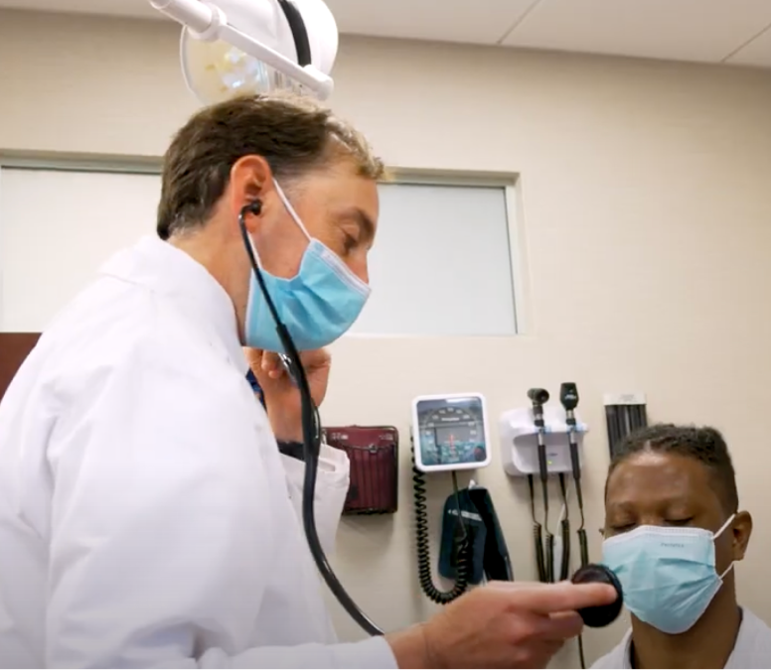
Hear from Andrew, a young man whose life was dramatically improved with a heart transplant. Andrew and Dr. Feingold discuss how Consulting Cardiologists and Hartford Hospital lead the way in heart transplantation and are here for our patients every step of the way. Click here to learn more>

Eating Healthy During the Holidays
Thanksgiving can be a wonderful time to sit and graze with friends and family. But the feast can also pack in a lot of excess fat, salt, and calories if you are not mindful. If you are careful with choices and portions, you can enjoy a full meal in celebration. Click here to learn more>

The Role of An Interventional Cardiologist
Interventional cardiology is a subspecialty of cardiology that uses specialized catheter-based techniques to diagnose and treat heart attacks, coronary artery disease, vascular disease, structural heart disease, and congenital heart defects. Click here to learn more>

Dr. Allison Padegimas specializes in women and heart disease. Click here for an interview where she discusses strategies women can take to avoid heart disease. Click here to learn more>

In a large study of US men and women, after adjusting for lifestyle and other dietary factors, it was found that those who eat a larger amount of avocado had a lower risk of coronary and cardiovascular disease. Click here to learn more>

What You Need to Know About Heart Disease
Every 36 seconds someone in the US dies from heart disease and almost half our population suffers from some form of heart disease. In a short presentation, Dr. Dinkler shares excellent information about different types of heart disease, risk factors, and strategies to reduce risk. Click here>

Right Dose, Right Time, Right Way!
Adhering to your prescribed medication regimen is essential for success. If you skip doses, change your regimen, or avoid taking your medications altogether, this can be detrimental to your health. Errors can also cause setbacks such as the need for hospitalization, more visits to providers, and increased medical costs. Make sure you are taking the right dose, at the right time, in the right way! Read more>
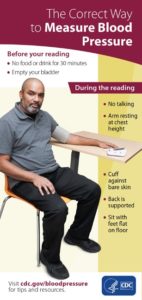
Prevent and Manage High Blood Pressure
High blood pressure increases your risk for heart disease and stroke. The good news is that there are steps you can take every day to keep your blood pressure in a healthy range. You can help prevent high blood pressure—also called hypertension—by making healthy choices and managing other health conditions you may have. Read more>

Enriching Heart Health by Focusing on the Emotional and Mental Wellness
Physician Assistant, Amanda Votto, has launched the Whole-Hearted Cardiac Wellness program. This 8-week online class will help you develop healthy skills to not only manage stress but to discover the root of your stress and ways to work with it using mindfulness and self-compassion. Read more>

Tips for Staying on a Healthy Track during the Holidays
PLAN! PLAN! PLAN! Life during the holiday time can become overly busy with events and extra obligations. Planning ahead can help keep you on track to feeling your best. Read more>

Worldwide, heart disease and strokes are the leading causes of death. They’re also the leading killers of Americans, accounting for one out of every three deaths in the United States. But there’s good news, too. About 80 percent of all cases of cardiovascular disease are preventable. This excellent article recently published in the New York Times discusses the key ways to live a longer and healthier life. Read more>
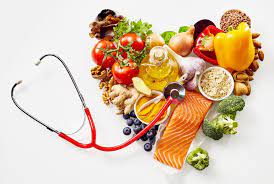
DASH diet, developed to lower blood pressure, provides additional cardiovascular benefits
The DASH diet, developed specifically to help lower or control high blood pressure, is associated with reduced inflammation of the heart, according to a new study published in the Journal of the American College of Cardiology. Read more>

Learn how to pick out seasonal, ripe produce
The American Heart Association shares a short video about how to pick out seasonal fruits and vegetables. Read more>

A Healthy Diet Impacts Your Heart
A healthy diet plays a critical role in heart health. Cutting out certain foods can reduce your “bad” cholesterol, reduce your triglycerides, and decrease your glucose which minimizes your risk of diabetes. Changes in behavior and eating can increase your “good” cholesterol. Click here to learn more>. Read more>

The most comprehensively assessed and consistently supported diet by the medical literature in regard to its benefits on cardiovascular health and reduction in cardiovascular events is the traditional Mediterranean diet. Dr. Norman Roth discusses key aspects of the diet and explains how this can benefit heart health. Read more>

For many, the pandemic has created challenges that have brought about physical and mental stress.
Some safe ways to manage stress to keep healthy include:
- Exercise – aim for 30 minutes most days of the week
- Meditate or practice deep breathing exercises… Read more>

Get moving! Exercise can help lower your blood pressure, raise your “good” cholesterol, keep your weight controlled, and help you feel less tired. Aim for 150 minutes per week of moderate-intensity aerobic activity. Start slowly and add time and intensity each week to work up to 30 minutes, 5 days a week. Read more>

Did you know that one teaspoon of salt has a whopping 2300mg of sodium?
If you are following a low-sodium diet for heart health, you should aim for no more than 1500mg-2000mg of dietary sodium in a day. A little shake here and there adds up, so try substituting the salt shaker with salt-free spices and herbs. Read more>

- To reduce the fat and sodium intake on your pizza night, try making your own pizza at home.
- Use a low-sodium store-bought dough, whole wheat English muffin, or a flatbread that has <5% sodium per serving. Top it with a jarred (not canned) low-sodium pizza sauce and use reduced fat shredded mozzarella sprinkled all over the top. Add your favorite fresh veggies and herbs. Enjoy! Read more >

High Blood Pressure and Heart Failure
High blood pressure is a common, treatable risk factor for developing heart failure.
Uncontrolled high blood pressure can cause the heart muscle to become weak and work less efficiently. Symptoms of heart failure, such as shortness of breath and swelling, can subsequently develop.
If you have been diagnosed with high blood pressure, be sure to take your medications as prescribed. Exercise, quitting smoking, and reducing your stress can also be of great benefit in helping to control your blood pressure. Read more >
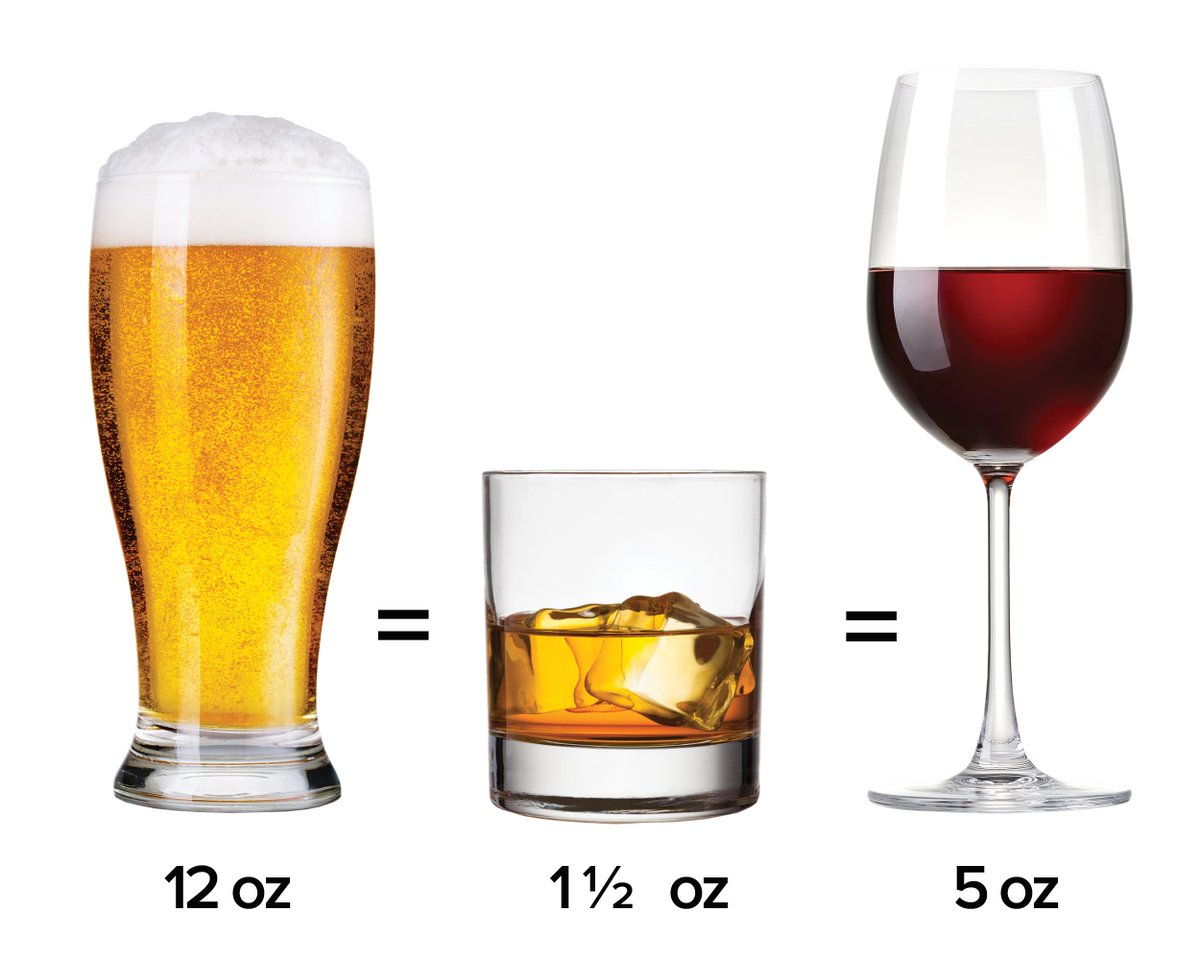
Excessive alcohol intake can lead to numerous heart illnesses, including weakness of the heart muscle (cardiomyopathy), irregular heart rhythms, stroke, and high blood pressure to name just a few. . Read more>